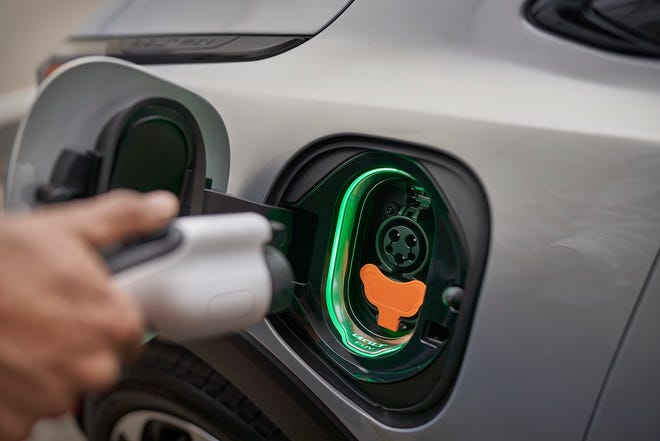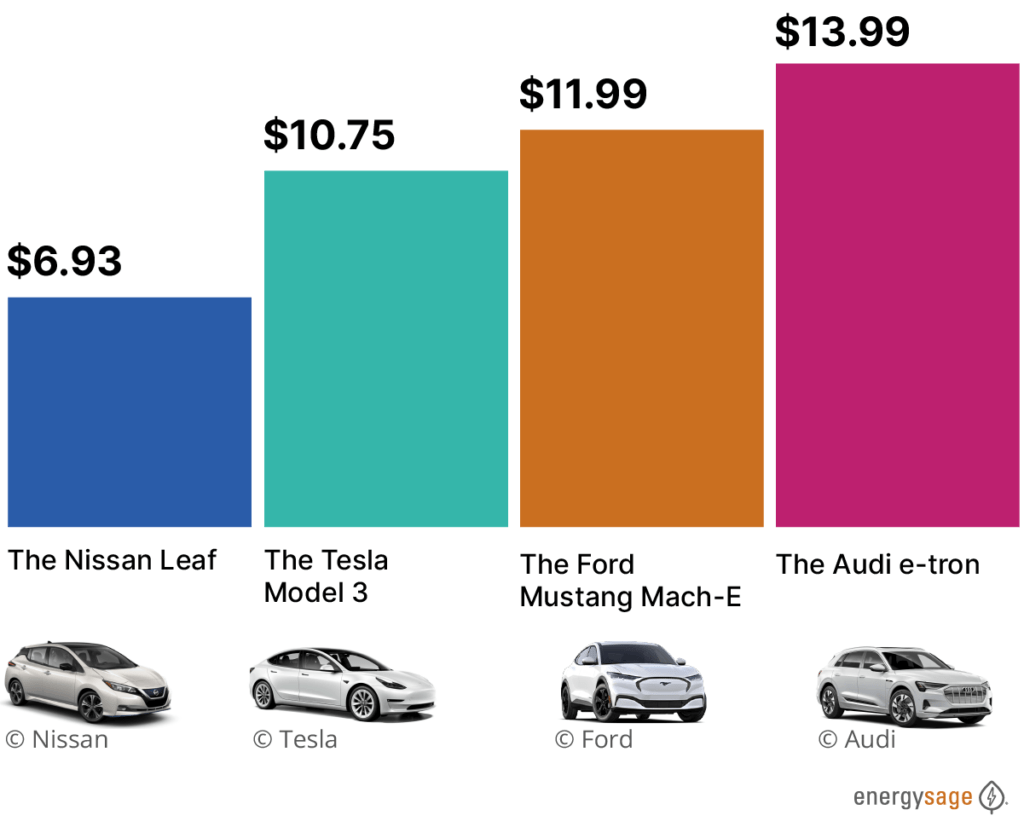Most of the people think that it cost lots of money to build electric car and it is not possible to make one at home, but it is not like that .
You might have seen news coverage of Tesla’s recent announcement that their electric cars will cost $35,000. Elon Musk, Tesla’s founder, said this would allow the mass production of electric cars to start on a large scale in the near future. But how do they make an electric car for such a low price and why has it taken so long for them to do so

How much does it cost to build electric car
It can be difficult to determine how much it costs to build an electric car. The simple reason for this is that many of the components are shared with other vehicles. This means that there is no way of telling exactly how much it costs to manufacture a Tesla, for example.
However, we can still make some estimates based on some different factors. For example, how much does it cost per mile to drive an electric car? How expensive are batteries? And what is the average cost per mile of gas-powered vehicles?
A typical electric vehicle charging station can cost anywhere from $3,000 to $7,000, depending on the manufacturer and the features included. In addition to the cost of the charger itself, there are installation costs that vary based on your needs.
The average annual electricity cost for an EV is about $600 per year for a plug-in hybrid and $500 for an all-electric vehicle (or $1,200 for both). This includes charging at home as well as using public charging stations.
Electric cars are more expensive to build than their gas-powered counterparts, but this doesn’t mean they’re more expensive to operate over time. Despite what you may have heard, electric vehicles don’t require any special tools or skills to fix when they break down — in fact, many parts can be replaced at home by anyone who knows how to use a screwdriver or socket wrench.
Electric cars are more expensive to build and operate than their gasoline-powered counterparts.
The price tag on an electric car is a lot higher than you might think.
According to research from McKinsey & Company, the cost of building an electric vehicle (EV) comes in at $14,000 more than a comparable gas-powered vehicle. The reason for this is primarily due to the costs associated with batteries and other components used in the EV.
In addition, the cost of charging an EV is much higher than filling up at a gas station. If you were to charge your car every night while sleeping, it would cost $1,200 per year just in electricity!
The cost of building an electric car is a big deal, as it determines whether or not the car will be affordable and accessible to the average consumer. The cost of building an electric car depends on the type of vehicle being built and what materials are used.

The average cost per mile to drive an electric car is around $0.10/mile (or $0.15/mile if you include your home charging costs). This is substantially less than the average cost per mile for gasoline-powered cars, which is around $0.30/mile (or $0.50/mile if you include home charging costs).
Electric vehicles tend to cost more than traditional vehicles because they contain many more parts. However, as technology continues to advance, so too does the efficiency of these components and their associated costs.
Electric cars are not new, but they have made a comeback in recent years. New models are hitting the market, and old ones are getting a second chance.
The cost of building an electric car varies depending on the type of vehicle and its features. But as a general rule, here’s what you should expect:
A small car like the Nissan Leaf will cost around $30,000. That doesn’t include batteries, which can add another $8,000 or more. The Tesla Model 3 costs around $35,000 before adding any options or batteries.
A large SUV like the Tesla Model X costs up to $100,000 before options and batteries (though there is no base model).
The average cost for a home charging station is $700, but the price can vary depending on where you live. In some states, there are incentives that can lower the cost of installation. For example, California residents can get a rebate of up to $500 from their utility company. The average cost per mile to drive an electric vehicle is about one-third the cost of driving a conventional car. The high cost of electric vehicles means they’re only practical for those who drive long distances or regularly use public transportation because they don’t have access to free charging stations.
The cost of building an electric car charging station is dependent on a number of factors, including the amount of power required, the type of charger and the number of stations available. In general, it’s estimated that it costs about $2 million to build an EV charging station.

In terms of money per mile, electric cars are cheaper than conventional vehicles because they don’t require fuel. However, there are other costs associated with owning an EV that can add up to more than what you’d spend on gas for a conventional car.
Some people may find that the upfront cost of buying an electric car is more expensive than what they’re used to paying for gasoline or diesel vehicles. The average cost of an EV is about $35,000 compared to about $26,000 for a conventional vehicle (according to Edmunds). However, some vehicles cost much more than this average price tag because they have added features like autonomous technology or special trims that might not be necessary for everyday driving.
Electric cars are more expensive to build than their gas-powered counterparts. This is partly because of the complex battery that is needed to power the vehicle, and partly because electric vehicles require more material in general.
It takes a lot of metal to make an electric car battery, so there is less room for other components like the body or engine. That means that electric cars are heavier than their gas-powered counterparts, which makes them less efficient.
But there is one aspect of electric cars that makes them cheaper to operate: electricity costs less than gasoline or diesel fuel. Electricity can also be generated from many sources including solar and wind power, which are generally much cleaner than burning fossil fuels for energy.
The short answer is no, but it’s complicated.
The electric car revolution has been slow to get started, but it’s finally gaining momentum. Sales of electric cars are rising every year and are expected to hit 1 million by 2020.
But with this growth comes a lot of questions about the economics of electric vehicles (EVs). Are they really cheaper to run than gas-powered ones? Can they compete with conventional cars in terms of performance and features? And — most importantly — will they ever make any money for their manufacturers?

Here’s what you need to know about the cost of EVs and why it matters:
How much does an EV cost?
EVs are more expensive than their combustion counterparts at purchase time because they’re not subsidized by tax credits or rebates. But over time, there’s no reason why EVs shouldn’t become cheaper as manufacturing volumes rise and battery prices fall. In fact, studies have shown that EVs should be cheaper to operate than internal combustion engines (ICEs) within a few years after purchase.
How much does it cost per mile
It costs less per mile to drive an EV than any other type of vehicle because you don’t have to pay for gas. And since charging stations
What is the cost of operating an electric car
The cost of operating an electric vehicle depends on several factors, including:
The type of electric vehicle (EV) you drive (e.g., a Nissan Leaf, Tesla Model S or BMW i3).
Your local electricity rate.
How you drive — how many miles per day you travel and how much time you spend charging your EV versus driving it.
How much money you save on gas.
Driving habits also play a role in determining your actual costs because some drivers charge their vehicles more often than others. For example, if you’re someone who drives 60 miles per day for work and charges your car at work every night, then your daily driving costs would be higher than someone who drives 20 miles per day for work but charges their EV at home every night before bedtime.
